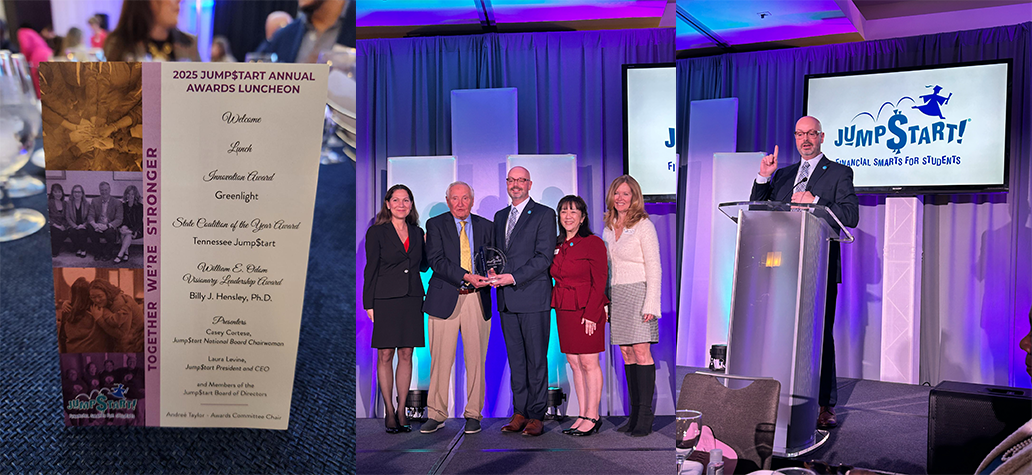Respondents Share Mixed Feelings on Their Financial Outlook
DENVER—Through its first opinion poll results of 2023, the National Endowment for Financial Education® (NEFE®) explores the intersection between external markers of financial well-being and personal opinions of financial well-being using questions from the Consumer Financial Protection Bureau’s financial wellbeing scale. The data indicates that more than seven in 10 U.S. adults (72%) rate their current quality of financial life as what they expected or better, but respondents’ feelings about their current (or future) financial status vary.
Our feelings about money and finances will always be emotionally connected to our human psyche because striving for financial well-being typically comes with experiences of many bumps and collisions along the road. This poll offers a snapshot of how varied Americans view their financial lives right now,” says Billy Hensley, Ph.D., president and CEO of NEFE.
The new opinion poll from NEFE, conducted by AmeriSpeak in December 2022, offers a broad understanding of how U.S. adults view financial well-being. Respondents answered a series of questions on their current financial standing. Highlights of that data include:
- Around half of U.S. adults (52%) say their current quality of financial life is “what they expected” while 23% say it is “worse than expected” and 20% say it is “better than expected”.
- Overall, 35% described themselves as “just getting by” financially.
- When asked about having money at the end of a month, 41% say they “always” or “often” do, while 29% say they “sometimes” do and 29% say they “rarely” or “never” do.
To supplement those questions, the same group of U.S. adults answered questions about their feelings on their financial standing. Highlights of that data include:
-
- One quarter say they feel like they will never have the things they want in life due to their money situation, while 45% say that does not describe their mindset.
- Similar proportions of respondents say they are concerned that the money they have won’t last (35% say the statement describes them “completely” or “very well”, 33% say it describes them “somewhat” and 31% say they are “not at all” concerned).
- When asked about the control finances have over their lives, 29% feel their finances control their lives “always” or “very often” while 37% said their finances “rarely” or “never” control their lives.
A breakdown of key demographic data from the poll includes the following points:
- U.S. adults under 60 years old are more likely to be concerned that the money they have saved or will save will not last, while 20% of those over 60 years old voice little or no concern about their current or future savings.
- Over one quarter (26%) of U.S. adults with an annual household income over $100K say they were “just getting by” financially.
- Females (33%) are significantly more likely to say they “rarely” or “never” have money left over at the end of the month, compared to males (25%).
- U.S. adults with a bachelor’s degree or higher* were the least likely to feel like they would never have the things they want in life (25%), feel that the money they have won’t last (27%) and say that finances control their lives (44%), compared to adults with other educational levels.
Financial well-being and improving individual comfort levels were among the many topics explored during NEFE’s Financial Education Innovation and Impact Summit, a three-day conference that discussed strengthening the future of financial well-being. Educational sessions on the use of technology, adjusting “financial jargon” and providing access to financial education throughout an individual’s lifetime all aimed to bring new insight on addressing this issue.
Our focus and intention require us to ask the tough, controversial and hard-to-encapsulate questions because facing these issues head-on is the only way to forge ahead in new and dynamic directions,” Hensley continues. “With a firm understanding of what individuals—and marginalized groups—are going through in their financial lives, we can help researchers, practitioners and policymakers take appropriate action to support everyone in their financial well-being.”
For more on this survey, visit the Consumer Poll section of the NEFE website.
Full Methodology
This nationally representative sample included 1,016 adults aged 18 and older. Funded and operated by the National Opinion Research Center (NORC) at the University of Chicago, AmeriSpeak® is a probability-based panel designed to be representative of the U.S. household population. These sampled households are contacted by U.S. mail, telephone and field interviewers (face-to-face). The panel provides sample coverage of approximately 97% of the U.S. household population. While most AmeriSpeak households participate in surveys by web, non-internet households can participate in AmeriSpeak surveys by telephone. Households without conventional internet access but having web access via smartphones are allowed to participate in AmeriSpeak surveys by web.
*Compared to the other educational levels surveyed, which were adults with no high school diploma, a high school graduate or equivalent, and some college or an associate degree.


